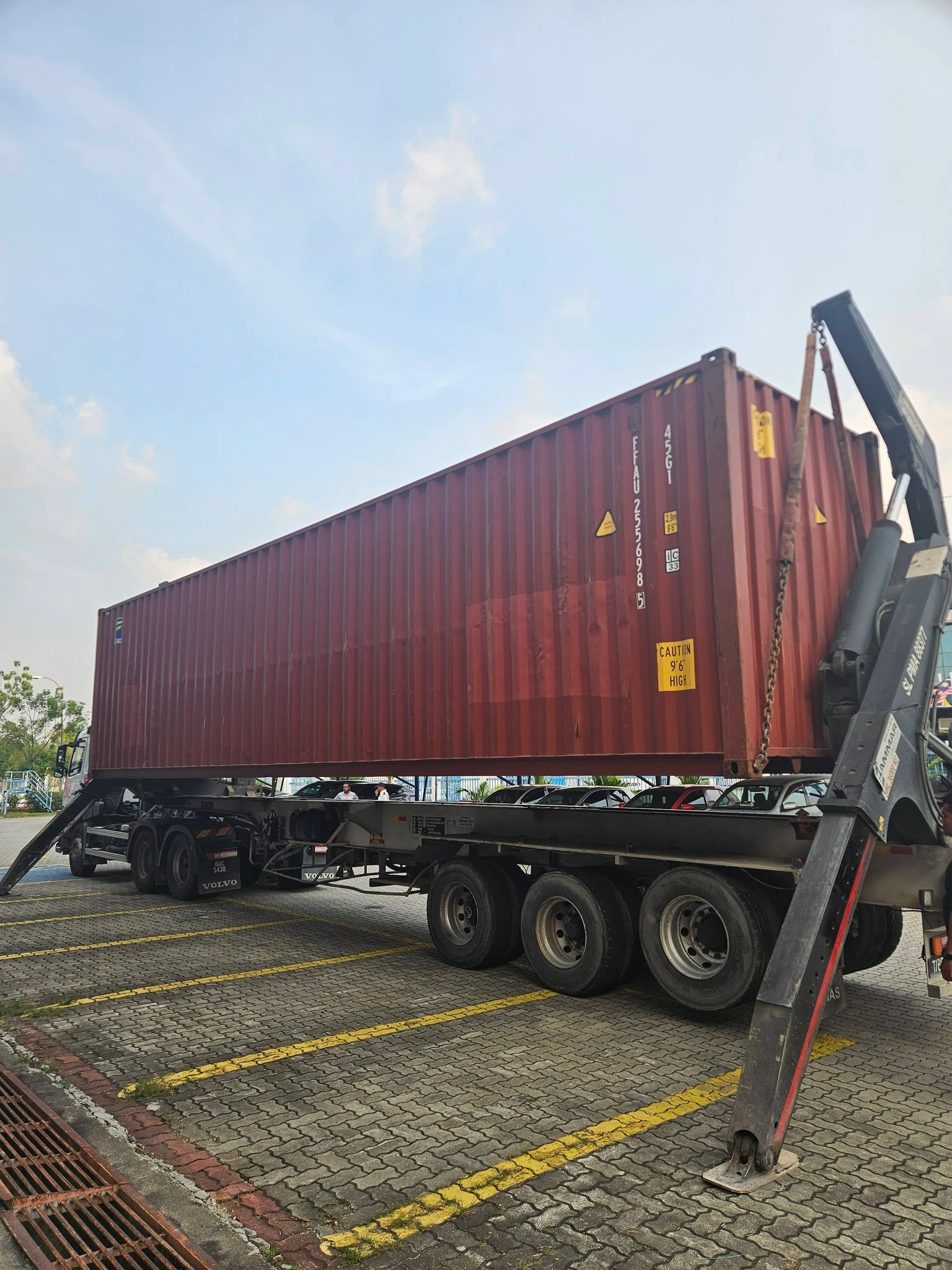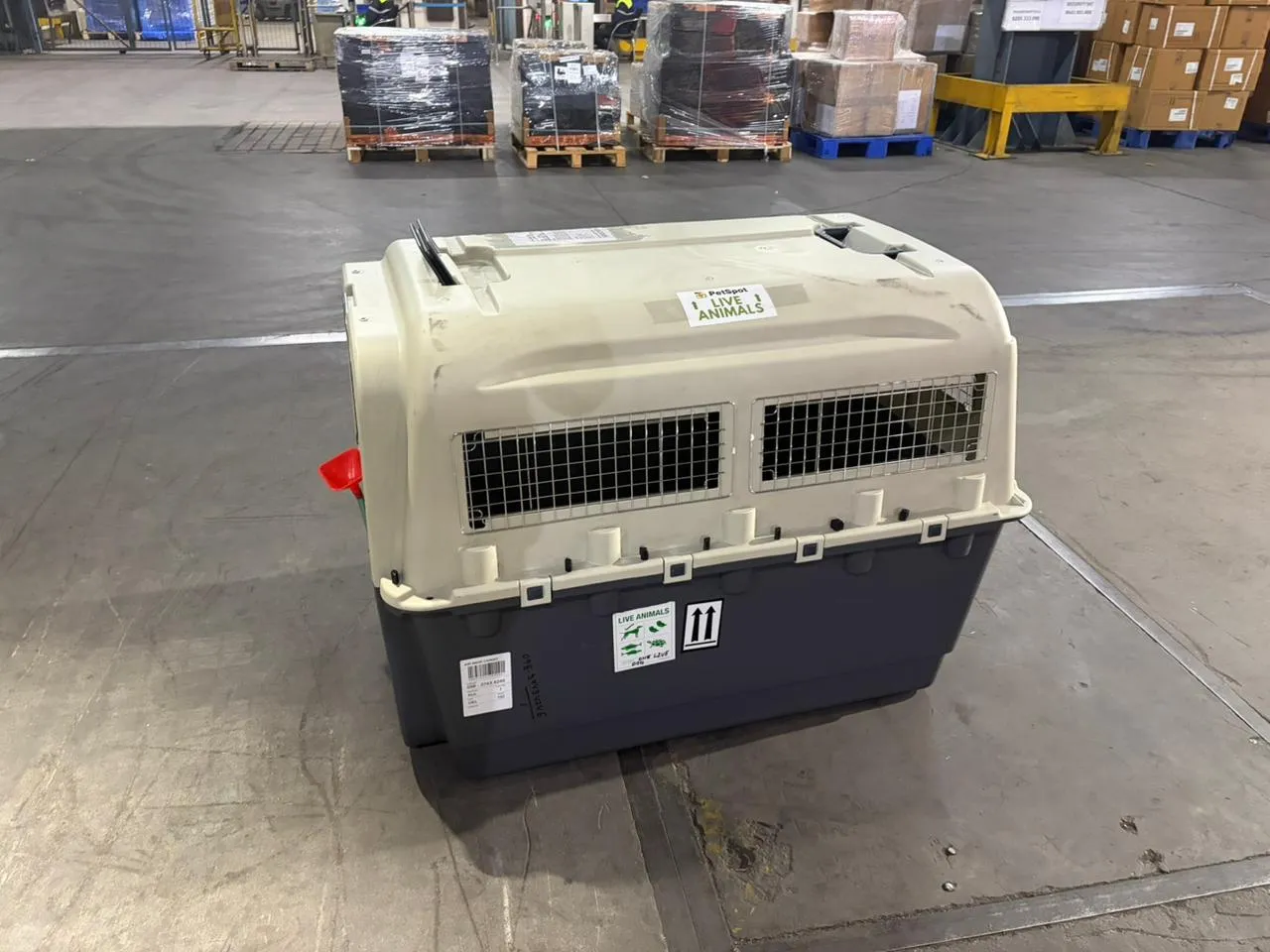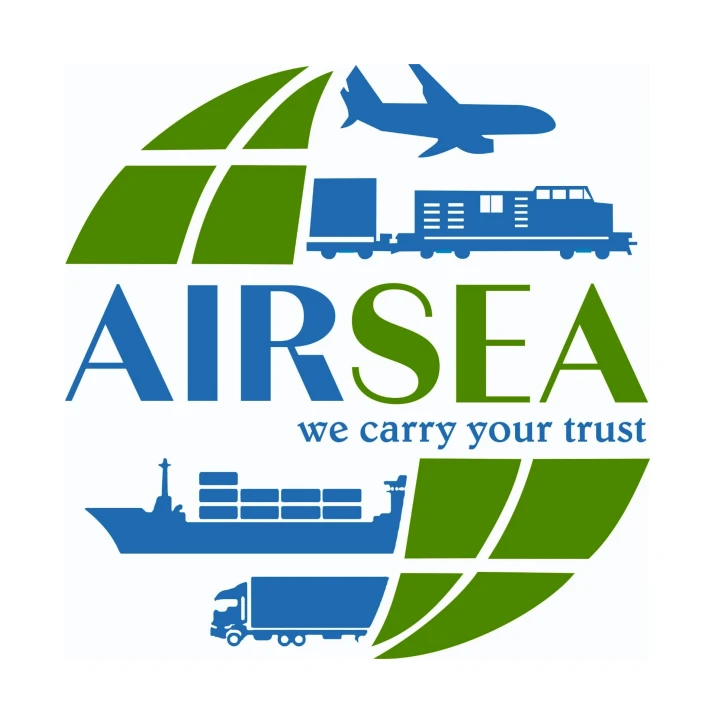Let’s call the whole thing off!: Sometimes you have to fire your agents
Though I am in the networking business and I want to see all of my customers find their matches inside of our networks I realize that not every pairing is meant to be. In fact, this is one of the major reasons for a non-exclusive structure. And though many of you might not even realize it every year in our own network we actually have members who we quietly don’t invite back. We just simply let them drift when their year is up. (Believe me. This is a good practice for everyone either directly or indirectly concerned. And it makes for a much stronger group over time.)
Firing customers will allow you to devote more time to profitable clients, thus serving them better, and it will also allow you to devote more time to getting new business from potential, new and existing clients. This will lead not only to greater long-term profitability but should also lead to a more immediate, shorter-term profitability as well.
What are some signs that you need to consider replacing your agents? Glad you asked! (Since agents in the logistics industry are both clients and vendors I will cover both aspects of this type relationship.)
Signals that the agency relationship is not a good and proper fit:
- Bad etiquette: If your agent’s representatives are rude and abusive to you this is never conducive to good relations. This will rub off on your staff, who will often face the brunt of it. And you also run the risk of losing your own in house customers to your competitors in the process. Bad etiquette is a major sign that you aren’t valued. You shouldn’t return the favor of being rude and you also shouldn’t return the favor of their rudeness by continuing to put your company’s money in their pockets.
- Bad payment history: I don’t really have to spell this out. However, bad payment can come in many forms. It could be as constantly late payments, short changing you on your invoices or penny pinching. Conversely, agents can overcharge you or harass you for payments before they are due. Don’t get me wrong. Credit and payment policies aren’t determined by the network you belong in. It is determined by the agreements that you have bilaterally with agents, which should be somewhat based on industry standards. However, the payment processes should never include poor and unreasonable practices from your agent, whether you are the debtor or creditor.
- Poor communications: I believe that poor communications are the root of 95% of all screw ups in the logistics world and 99% of all disputes. If your agent ignores you, doesn’t follow up on instructions and gives you poor feedback, whether this is in quantity or quality, then you need to get the message to them that they need to shape up or ship out.
- Margins on the business are bad: This reminds me of the old expression “It ain’t show friends, it’s show business…” Though there are reasons in business to give one offs and sweetheart deals, at the end of the day your company’s relationship with your agent should be profitable for your business. If this is not consistently the case then it doesn’t matter how much you like them, you need to consider replacing them with someone who helps you move forward and make money.
- Not a good strategic fit: This is a very important aspect of the business to look at. If the business your agent wants to do with you doesn’t fit in to your company’s strengths or mission then in the long run it will be disruptive to your ability to service your market by eating up time, money, focus and other resources that you will need to be successful. You need to train your company to respectfully decline types of business that you don’t go looking for yourself.
- Unreasonable expectations / zero sum attitude: When agents want you to quote for business in such ways that will be all win for them yet none for you then you should take this as a warning that you are sending your soldiers out to die for another man’s army. Every trade you do with any partner should be done on the basis of win / win at all times. If an agent is happy to call you at home when it’s dinner time or happy to wake your staff up after midnight over an issue that could have been handled by e-mail then there is not forethought or mutual respect on their side. And that’s a bad sign. When your business means far less to them than theirs does to you the signal is clear that you are on a one way street. Besides, with these guys whenever something goes wrong (and if you do business long enough, it will) they will be the ones who finger point in your direction and take none of the issue on themselves, no matter when the truth lies.
- The trade is not high volume enough: This could fall under the not a good strategic fit but it doesn’t always. In business there is always a break even point between the effort put forth and value to a customer. If you have an agent who gives one off business all the time that you have to gear up for and prepare especially for however the business is not recurring enough to be profitable in the “complete package” then the business is not worth it for you to do. What I mean about the “complete package”, if you look at the profit on a file you may see that you are in the black. But when you compare to the effort that is taken away from more bread and butter business you may be ultimately in the red. And this even includes when it might appear that the margin of the one off business is greater than the margin of your more “regular” business.
- Poor work: If your agent does poor work for you then, especially if this is consistent, then this is a no brainer for you. Round file his file! Be careful though that you don’t throw the baby out with the bath water. Everyone has a bad day. You do need to make sure that the bad service is their modus operandi and not an anomaly otherwise you might unwittingly trade them for a lessor agent. Let them prove their quality level. Then make the decision.
Periodically you will need to look at all of your agents and their profitability for you in the long run. And when you have trouble with agents, if they are exhibiting any or several of the above signals, you need to not wait whether to assess their value to you. Do it immediately. I think there are obvious lines of questions you can ask both yourself and your team which will help you to suss the situation and tell you what you need to do. Here are my questions:
- Is the relationship with this agent financially profitable for you? For both parties?
- Does the business potential from this agent fit in with your company’s overall strategy?
- What is the volume of trade you realistically expect to do with this partner?
- Is it worth the effort to save the business relationship with this agent and if so what are the steps we should take?
With well thought out and thoroughly discussed answers to these questions you will know what to do.
One last thing I would like to add is that if you do see that you need to end the relationship and you have determined that this agent needs to go simply because there was not a good fit but not because of service issues or quality then do your very best to see them off in a better shape than they were with you. Recommend, or better yet, introduce them to a partner to replace you who might be a better fit. This will leave them with good will and will keep your relationship and reputation in tact at the very minimum. However, it could have the benefit of mutual recommendations down the road and they may say good things about you to the right people at the right times. Don’t burn bridges when they can be profitably crossed from a different direction.
One the other hand, if the agent is one of those money wasting, time wasting nightmares you might introduce them to your competition. Let them put out the future fires.
 Gary Dale Cearley is the Managing Director of Advanced International Networks Ltd. (AIN), one of the fastest growing and most dynamic business-to-business networking organizations in the world. AIN’s networks include AerOceaNetwork (AON), XLProjects Network (XLP), and AiO Logistics Network. Gary Dale has been in many facets of international freight forwarding for more than two decades from operations to sales to the owner of the first 100% foreign owned freight forwarding company licensed in Vietnam. The companies that he has been involved with have been both generalists and specialists. He has also worked from large European and Asian multinationals (Danzas and Hankyu Express) as well has small start up forwarders. For the past ten years Gary Dale has owned and operated AIN. He has lived in several major cities in four different countries and he is multilingual. Currently Gary Dale runs the AIN operation from Bangkok, Thailand, but travels the world over.
Gary Dale Cearley is the Managing Director of Advanced International Networks Ltd. (AIN), one of the fastest growing and most dynamic business-to-business networking organizations in the world. AIN’s networks include AerOceaNetwork (AON), XLProjects Network (XLP), and AiO Logistics Network. Gary Dale has been in many facets of international freight forwarding for more than two decades from operations to sales to the owner of the first 100% foreign owned freight forwarding company licensed in Vietnam. The companies that he has been involved with have been both generalists and specialists. He has also worked from large European and Asian multinationals (Danzas and Hankyu Express) as well has small start up forwarders. For the past ten years Gary Dale has owned and operated AIN. He has lived in several major cities in four different countries and he is multilingual. Currently Gary Dale runs the AIN operation from Bangkok, Thailand, but travels the world over.






